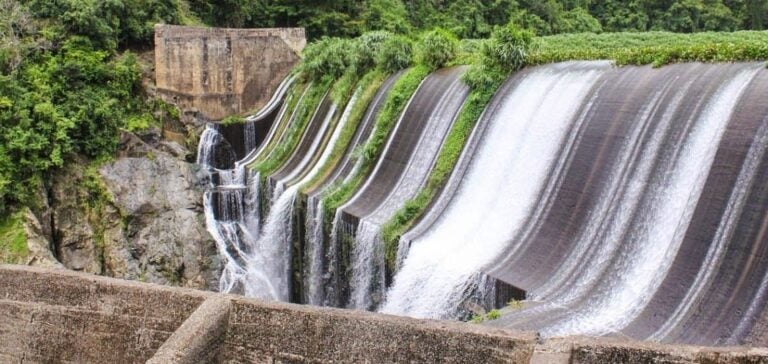The “Microgrid of the Mountain” project is taking a new step toward sustainable energy access in Puerto Rico. With a $150,000 grant awarded during phase 2 of the SOLVE IT program, the initiative aims to combine hydroelectric and photovoltaic energy to strengthen energy resilience in rural areas.
An innovative intermunicipal approach
The pilot project will connect four rural municipalities: Adjuntas, Jayuya, Lares, and Utuado. This intermunicipal infrastructure seeks to optimize the use of local hydroelectric plants and integrate photovoltaic systems, ensuring stable electricity supply while reducing dependency on fossil fuels.
Restoration and scaling up
The hydroelectric plants at Caonillas and Dos Bocas, which once had a production capacity of 43 MWh, are currently operating at a minimal 6 MW. Their refurbishment, estimated to cost between $120 and $150 million, could increase their capacity beyond 50 MWh. These plants, critical for isolated communities, are central to the strategy of the Cooperativa Hidroeléctrica de la Montaña.
Competition and perspectives
With the next phase of the SOLVE IT program scheduled for July 2025, three projects will receive an additional $500,000 in funding. This support will allow the completion of technical plans and the start of implementation. Competition remains intense, as each project must demonstrate its economic impact and ability to meet community needs.
Strategic challenges for Puerto Rico
Beyond the funding, this initiative is part of a broader strategy for energy independence. Puerto Rico aims to reduce its reliance on centralized grids, which are often disrupted during natural disasters. By developing local and tailored solutions, the territory hopes to build lasting energy resilience while fostering technological innovation.






















